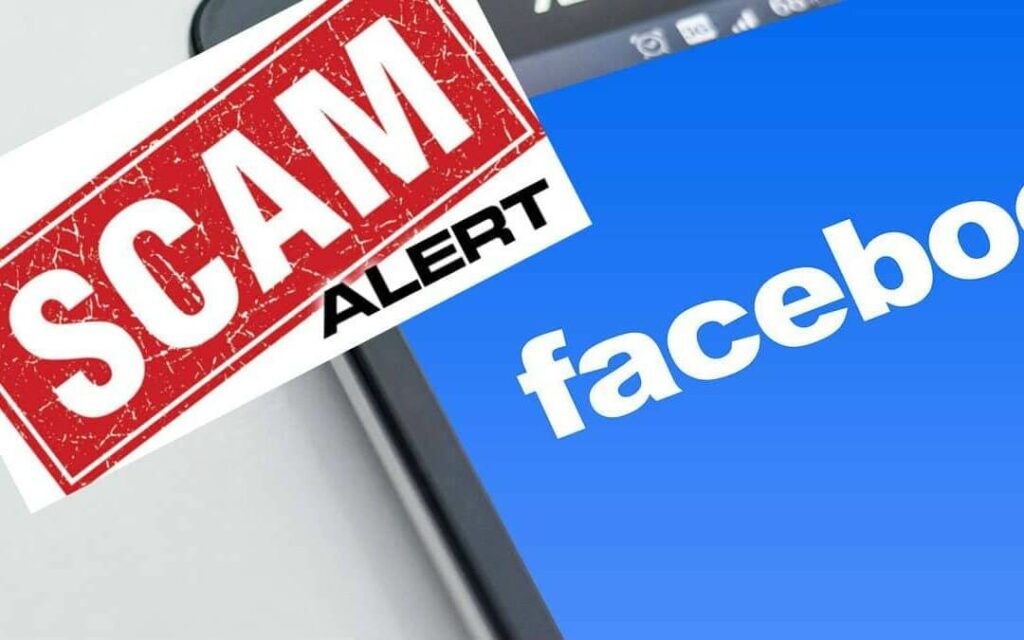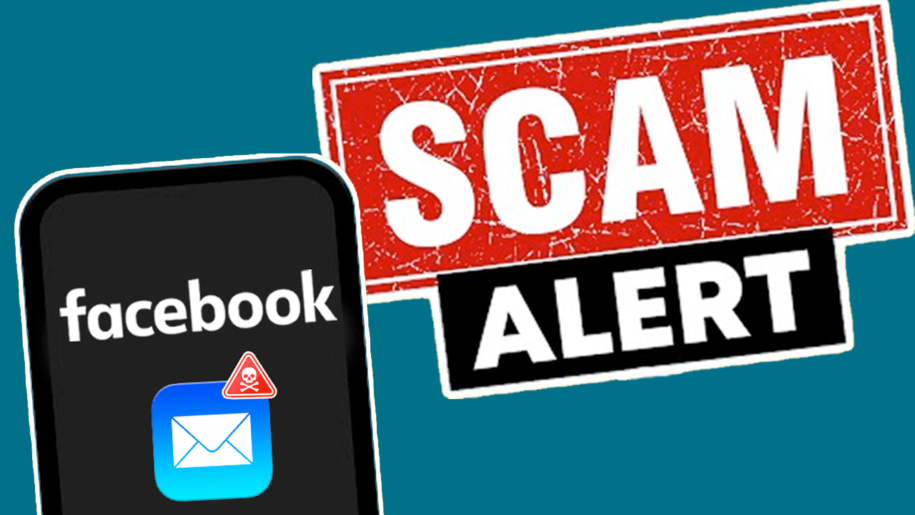The advent of online marketplaces has made things easier for shoppers. Many people now prefer to buy everyday items like groceries, clothes, shoes, electronics, mobile devices, furniture, toys, and more online. It is more convenient for shoppers.
The benefits of selling via these online marketplaces are numerous for sellers. These benefits include faster sales, eliminating the cost of running a physical location and employing staff. Furthermore, they can get direct consumer feedback and, most importantly, reach new and potential buyers.
Marketplace users have grown significantly since the inception of online shopping. Facebook Marketplace, for example, attracts almost 3 billion monthly users, which is a whopping 35% of the world’s population. That said, this convenient method of shopping has also brought about online scams and exposed users to various shopping dangers, such as meeting fake buyers and sellers and marketplace shipping scams. That is why shoppers must know how to protect themselves when they shop online.
Table of Contents
What Is Facebook Marketplace Scam?
Facebook Marketplace, launched in October 2016, is one of the biggest online marketplaces, with billions of users transacting every month. Buyers and sellers can easily trade new, pre-owned, and even unwanted items without the hassle associated with the traditional buying and selling system. It is fast, user-friendly, and super convenient. Nevertheless, like many other marketplaces, the platform is filled with people looking to take advantage of genuine buyers and sellers.
Although Facebook has a handful of purchase protection policies, they seem insufficient to deal with scammers. As a user, you shouldn’t let these scammers prevent you from enjoying a stress-free and convenient shopping experience. You just need to learn to recognize a scam or a scammer.
Facebook marketplace scams involve several techniques that fraudsters use to rob people of their money, payment, or credit card details. Facebook Marketplace can be safe if you follow the proper rules, know how to identify a fake profile, and help report scams. Below are some of the common Facebook Marketplace scams to beware of.
Common Facebook Marketplace Scams

Some of the most common Facebook Marketplace scams include:
PayPal Scams
Although PayPal is one of the most commonly used legitimate payment methods for buyers and sellers, scammers have found a way to exploit this form of payment. Payments done via PayPal have the coverage of both Facebook and PayPal’s purchase protection policies. These purchase protection policies, however, only cover regular PayPal payments.
So when a seller insists on paying them or a buyer insists on paying you via PayPal’s “friends and family” option, you are most likely to get scammed. They might tell you it is to avoid paying fees, but it is usually because purchase protection policies do not cover this option. Judging from past incidents, sellers are likely trying to sell you a defective or fake item, and by the time you become aware of this, they are already long gone. Since your purchase is not protected, you won’t be able to get a refund, leaving you on the losing end.
Shipping Scams
Fortunately, Facebook Marketplace shipping scams are one of the most identifiable and avoidable scams. Scammers can be buyers or sellers. For example, a seller would try to get their victim to pay for an item they promise to ship after payment.
Alternatively, a buyer would request their item be shipped to them and promise to pay for it upon receipt. Unfortunately, these scammers neither ship the purchased item nor pay for it after receiving it. To avoid getting into this situation as a buyer, you should not pay for an item in advance unless the seller is an upstanding reputation. As a seller, never agree to send an item to a buyer without being paid. Instead, meet up with the seller or buyer in a public space and conduct your business.
Buyer Scams
Facebook Marketplace buyer scams occur in various forms. First, a buyer may try to get you to send an item, promise to pay for it on receipt, and never deliver on that promise. A buyer may also ask you to meet up at a secluded spot which may most likely be an excuse to rob you of the item and other valuable you’ll have on you. A buyer may also contact you using a fake profile that may or may not have a photo.
Seller Scams
This is similar to Facebook Marketplace buyer scams. Sellers either get real buyers to pay the full amount for fake or defective items or rob them after meeting up at a secluded spot.
Sellers can also create fake accounts or ask buyers to pay first for items that they promise to send upon receipt of the payment, and they never send any items. Sellers who have few followers are more likely to be scammers. Genuine sellers with few followers can organically grow their followers using several methods.
How to Recognise a Facebook Scammer?
The following are some of the ways to recognize a Facebook scammer.
- Their profiles have no photos.
- They ask you to meet up at a secluded spot.
- They ask you to send items via post.
- They may ask you to make a payment before they can deliver the item to you.
- They seem to be in a hurry to leave after the transaction.
How to Avoid Marketplace Scams on Facebook?
If you want to use Facebook Marketplace, here are some tips you can use to avoid scams.
- If you notice suspicious activity, take the time to verify the profile properly.
- Always meet up in brightly-lit public spaces like malls or close to a police station.
- Confirm that items are in good condition before paying for them.
- Facebook provides on-screen instructions; always follow them.
- Always verify online payment.
Conclusion
Facebook Marketplace scams can be heartbreaking for those involved. However, they are avoidable if you follow the instructions provided above. Furthermore, ensure to look for real people with credible information on the platform.
- How to Create a Winning Social Media Strategy for Your Business? - October 12, 2023
- Elevate Your Online Presence: Tips for Better Social Media Use - October 12, 2023
- The Ultimate List of Top Social Media Apps and Sites - October 12, 2023

